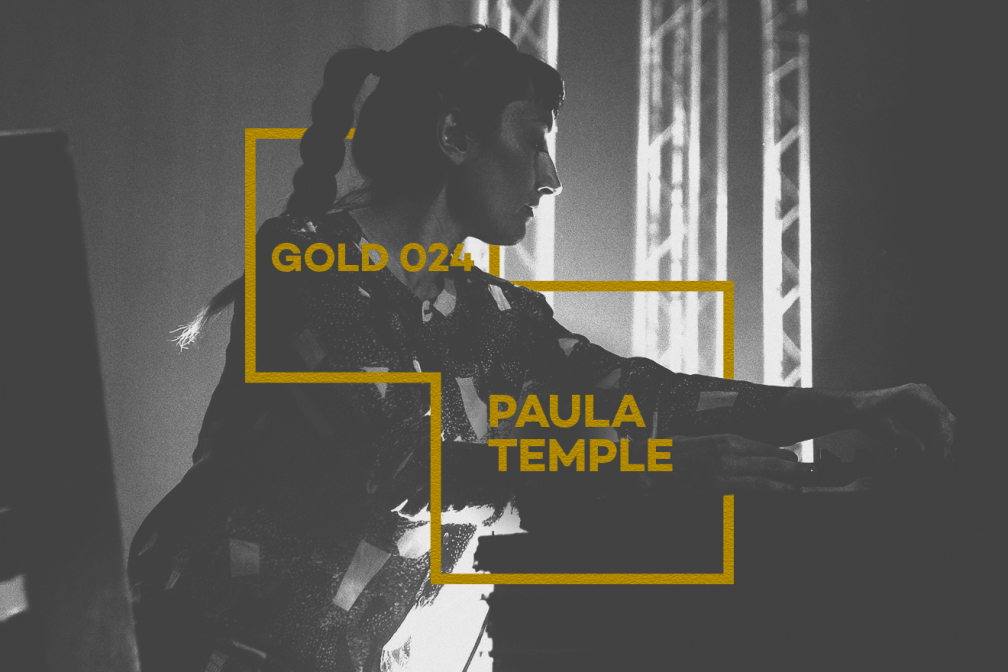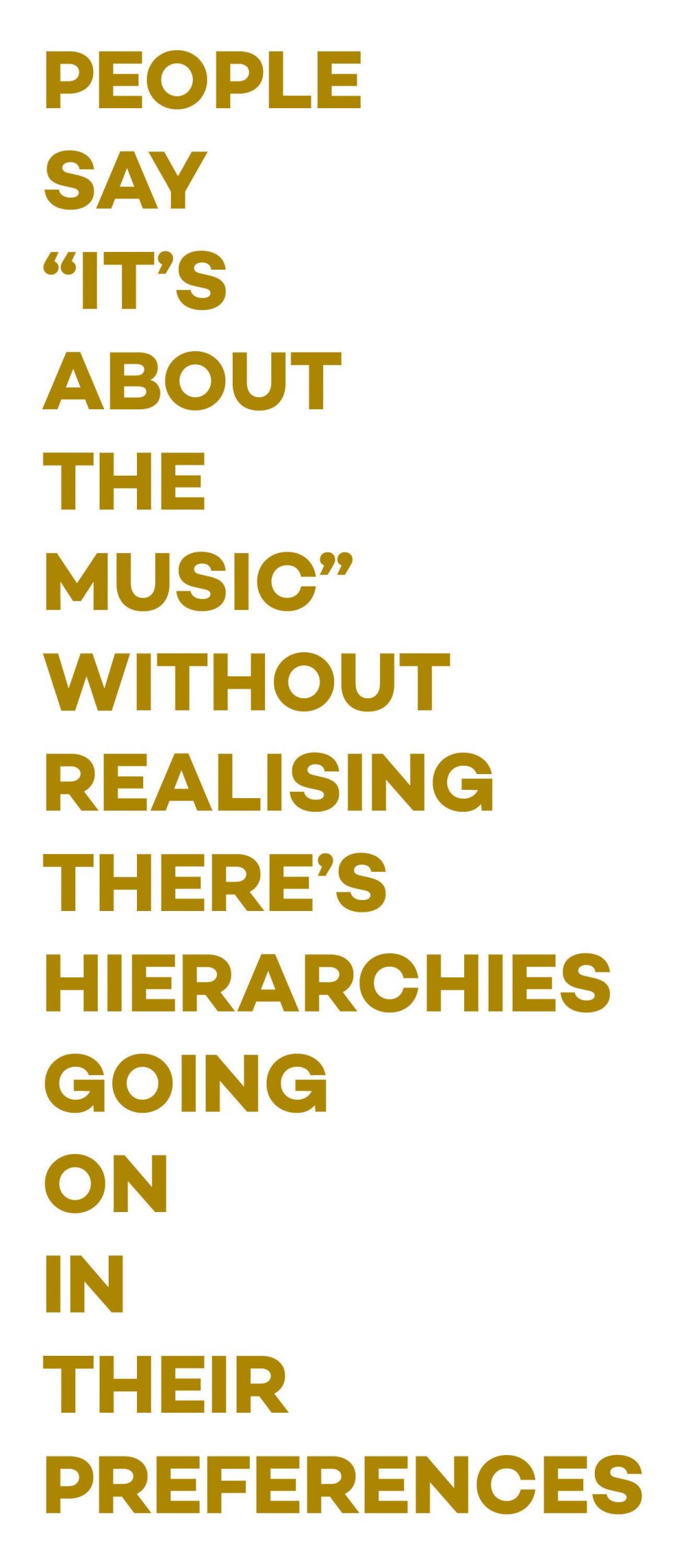 Features
Features
Noise Manifesto: Paula Temple's techno refuses to lie down
Paula Temple's pioneering approach to dance music is vital now more than ever
I wanted to touch upon your six year hiatus from music instigated by feeling disillusioned with the state of techno. You come across as a passionate, borderline obsessive, artist, and it’s surprising to think you gave it all up for a time. What was it about techno at that point that led you to totally reject it?
I think the sound got jaded by this kind of loop techno that started to become popular. It wasn’t sounding as inspiring as earlier techno, and there was less motivation to be part of the scene. All my peers were starting to drop out, distributors were also going into liquidation and that had a knock on effect as well. It was a reflection of the time. I think that was before what people called the minimal scene; I totally missed all of that, I have no idea what that scene is! I just totally disappeared and didn't listen to any electronic music in that period.
During that period you were teaching underprivileged children in Leeds about music and technology. How did you look to foster creativity in these children? Was it purely practical learning or did you encourage innovation in the style that interests you?
It was really practical. It was more than just about learning, it was about being a mentor for their self-esteem, and to have that music as an escape from some shit that they're going through, to express themselves. Another aspect was to try and get these technology resources to people that can't afford them or get denied access. We would hear the kids telling us that at school they'd be treated shit by the teachers, and as punishment wouldn't be allowed to use the music equipment. Actually, for those young people who prefer the more kinaesthetic learning, this was really the wrong thing to do. If they'd been encouraged they would have excelled. Not just in their creativity but to feel good about themselves and their lives. That was what was most important.

An incident of homophobic discrimination led to you being sacked from this job and back into producing, but not before you had to suffer through winning a drawn-out court battle. How much of a toll did this take on you, and what was your headspace like as you returned to your creative process in music?
That was the lowest point in my life really. My head was in its darkest place and I just couldn't believe that this was really happening, it was so ridiculous. But at the same time, it really was happening, all consuming. So I didn't really have any creative head, it wasn't possible during that period, until it actually went to court. It was such a relief that the judges also saw it as ridiculous and this was officially recognised. They said that it was "cruel, oppressive and malicious", that's how they summed it up. After that suddenly my head was free and I got my creativity back.
Returning with a record on R&S in 2013 was quite a statement. At that point did you feel you were back in earnest and ready to devote yourself to music fill-time?
Yes completely, more than ever, with a fresh approach. I'd learned a lot through life experience and being a bit older. More than anything I learned some self-belief. Believing that I have something different to contribute that feels additional rather than the same as everyone else.
2016 was a turbulent year for liberalism and progression. Through the Decon/Recon label series you’re creating a space to promote marginalised groups. Are you hoping to see more techno artists follow this example to enact positive change?
I don't expect it, but I do hope it. It's really nice when I talk with individuals and they express that they want to effect some change that's within their influence. It now feels less like I'm alone just doing this because I believe it; it feels like there are many people who are becoming much more aware and with awareness wanting to take action and make these shifts where we really live up to what we promised with our scene, which is for it to be for everybody.


